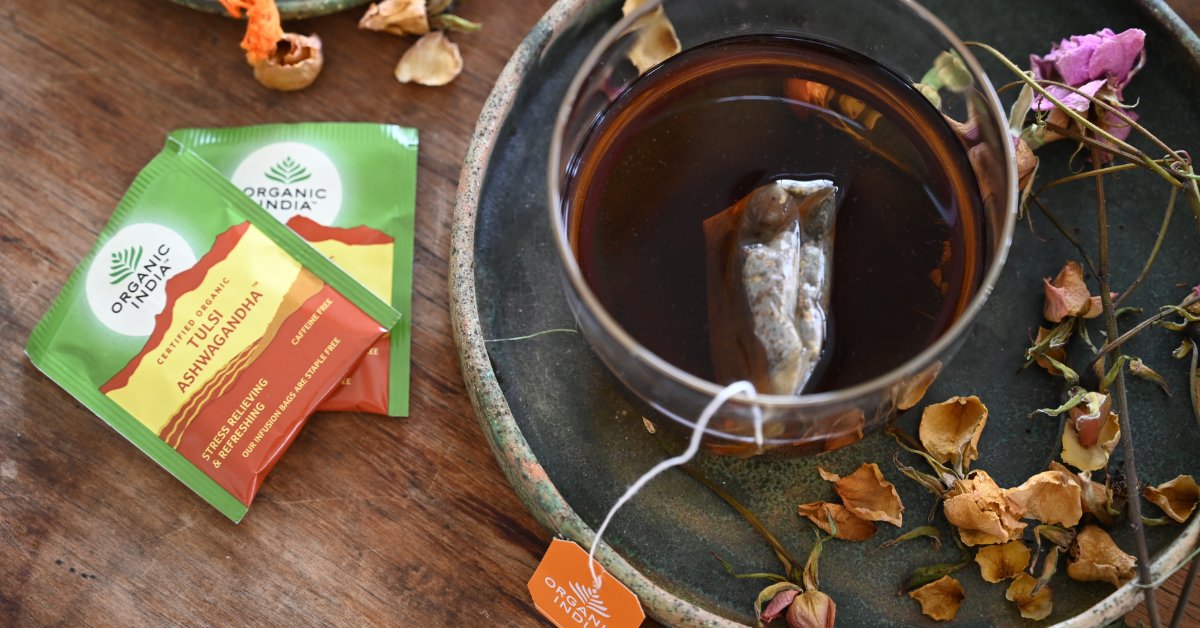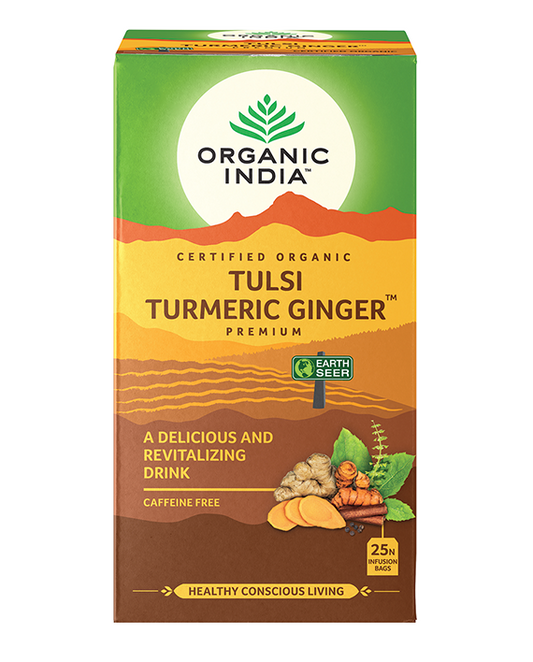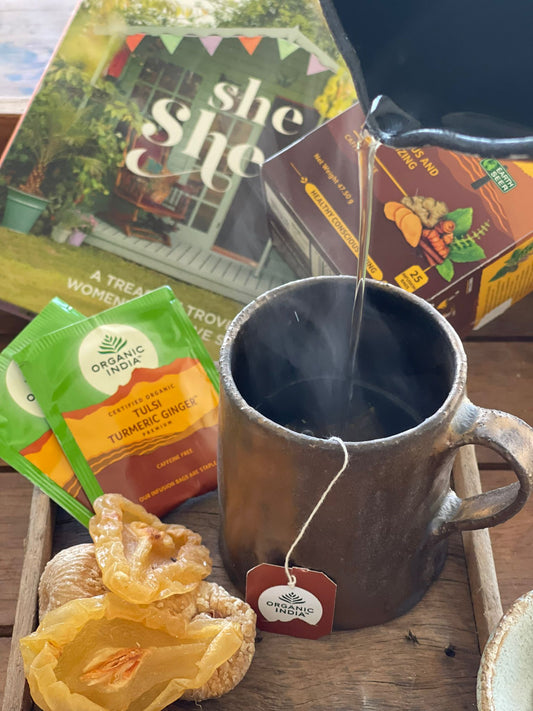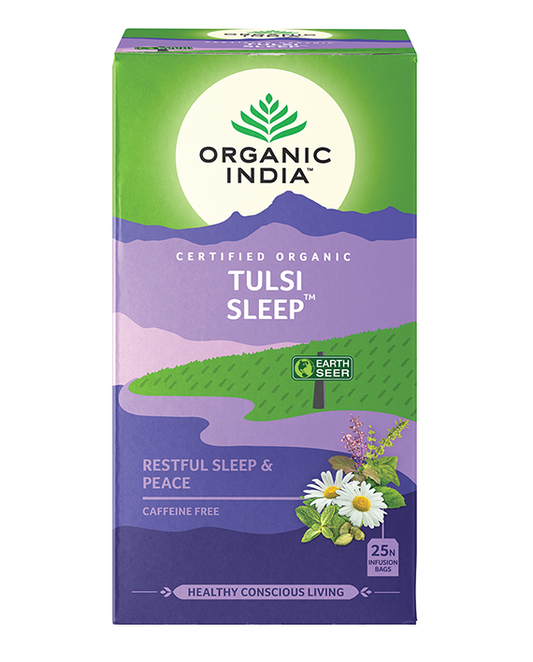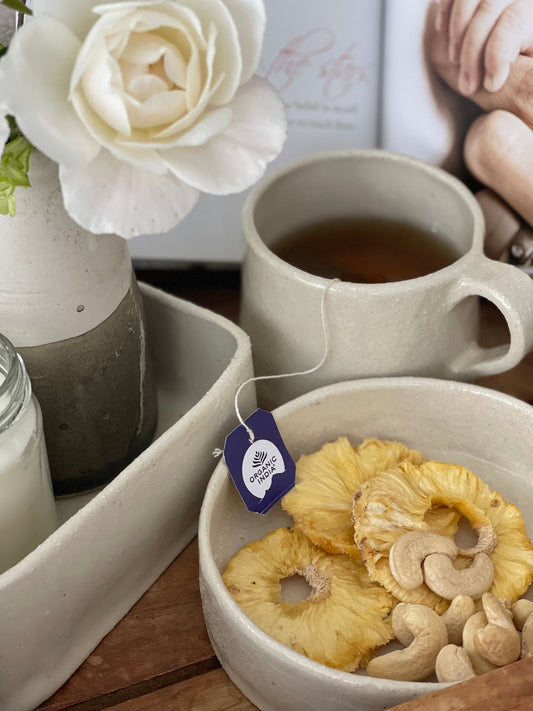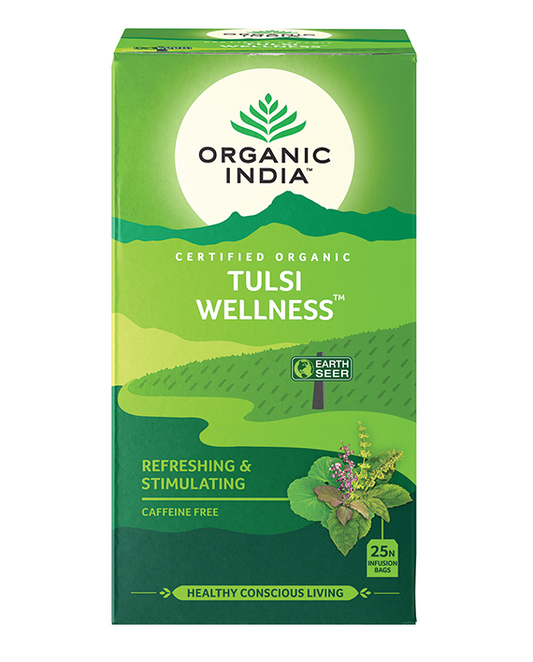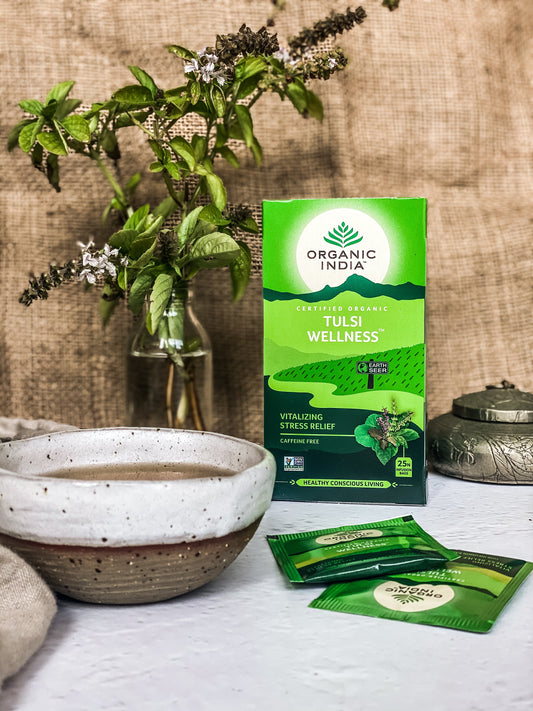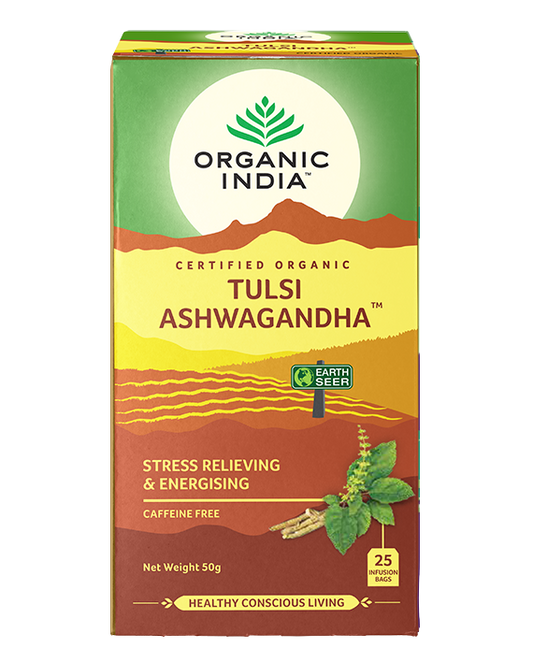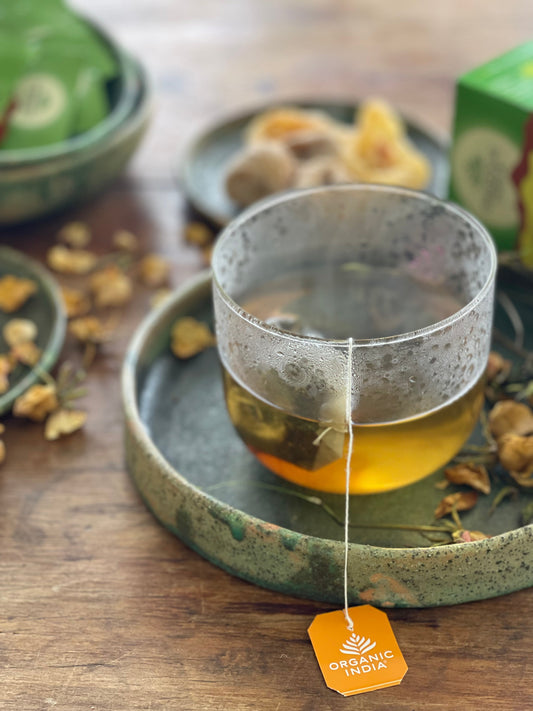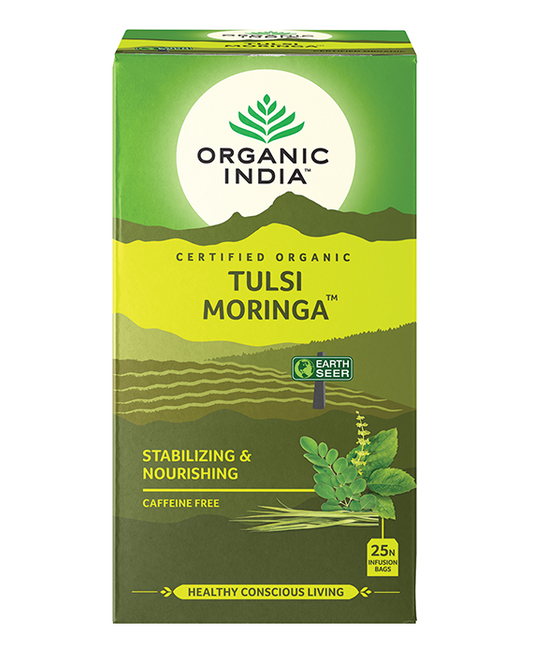It’s hard to think of India without Chai springing to mind- the ubiquitous hot sweet milky tea of the nation. Served morning, noon and at all hours of the night, in homes, on trains, tiny villages and almost every street corner, it’s impossible to miss the call of the chai wallah.
And how good is a hot mug of Chai? The specificity of every single ingredient ensures that the flavour of a well-blended chai is not only supreme, but a natural healing force to be reckoned with.
Legend has it that the origin of masala chai (spiced tea) dates back more than 5,000 years, with a story steeped in tales of royalty and herbal medicine. Apparently, a king in what is now India ordered a healing spiced beverage be created for use in Ayurveda- something cleansing, enlivening, and useful for mild ailments. The original recipe did not actually contain black tea and was therefore not caffeinated.
Let’s look at some of the common ingredients for Chai:
Ginger, Universal Medicine, the oldest and most widely used medicinal spice in the world functions as digestive support and serves as a remedy for cough, cold & flu. In Ayurveda, ginger is considered useful at every stage of the digestive process by igniting Agni (digestive fire) and reducing the accumulation of Ama (toxic material) within the body.
Ceylon cinnamon is well documented for its multiplicity of benefits, 41 different antioxidants, and has been used for thousands of years in Ayurveda for many reasons, including anti-inflammatory, digestive and immune support.
Cardamom, classified as tridoshic in Ayurveda, is balancing for all constitutional types. It has also been used for thousands of years to aid digestion. Antioxidant rich, anti-inflammatory, antibacterial & immune enhancing are just a few features of this fragrant and delicious spice.
Black pepper, considered an important healing spice in Ayurveda, contains a high concentration of potent and beneficial plant compounds including antioxidants & anti-inflammatory mediators.
Both Clove & Black tea offer antioxidants, protection from free radical damage, & boost immunity.
Clove is also considered in Ayurveda to enhance circulation, digestion and metabolism and help counter stomach disorders such as gas, bloating and nausea.
Nutmeg is valued in Ayurveda for its warming nature, stimulating fragrance, and unique soothing effects. It is commonly used as a stimulant for appetite and digestion.
Mace comes from the seed covering of the nutmeg seed and is a rich source of vitamins and minerals, offering an astonishing array of benefits including support for the nervous and digestive systems. Mace is also mood enhancing.
ORGANIC INDIA Masala Chai also contains Tulsi, Ayurveda’s Queen of Herbs, a supreme longevity herb in Ayurveda and powerful adaptogen offering stress relief, immune support and much more.
In India, a popular time for chai is around 4 p.m. with an afternoon snack- usually a savoury treat like a samosa, or a pakora, or nashta (savory breakfast foods that double as snack foods).
There’s nothing quite like a cup of chai on a cool morning.
On a chilly Winter morning, to make your ORGANIC INDIA Tulsi Masala Chai truly special, try simmering a few slices of fresh ginger in 300ml water with two Tulsi Masala Chai teabags or two teaspoons of loose leaf Tulsi Masala Chai. Once your brew has a strong chai colour, add plant milk of your choice and simmer again. Traditionally the brew would be simmered three times before taken off the heat. Strain, add natural sweetener if desired and find a cosy place to rest while you enjoy your chai.
For a Summertime twist we recommend cooling a brew of Tulsi Masala Chai made with plant-based milk and naturally sweetened with the option of throwing in a couple of ice cubes and an eco-straw. As always if adding ice to cool your drink, Ayurveda recommends ensuring it is melted before consuming.
